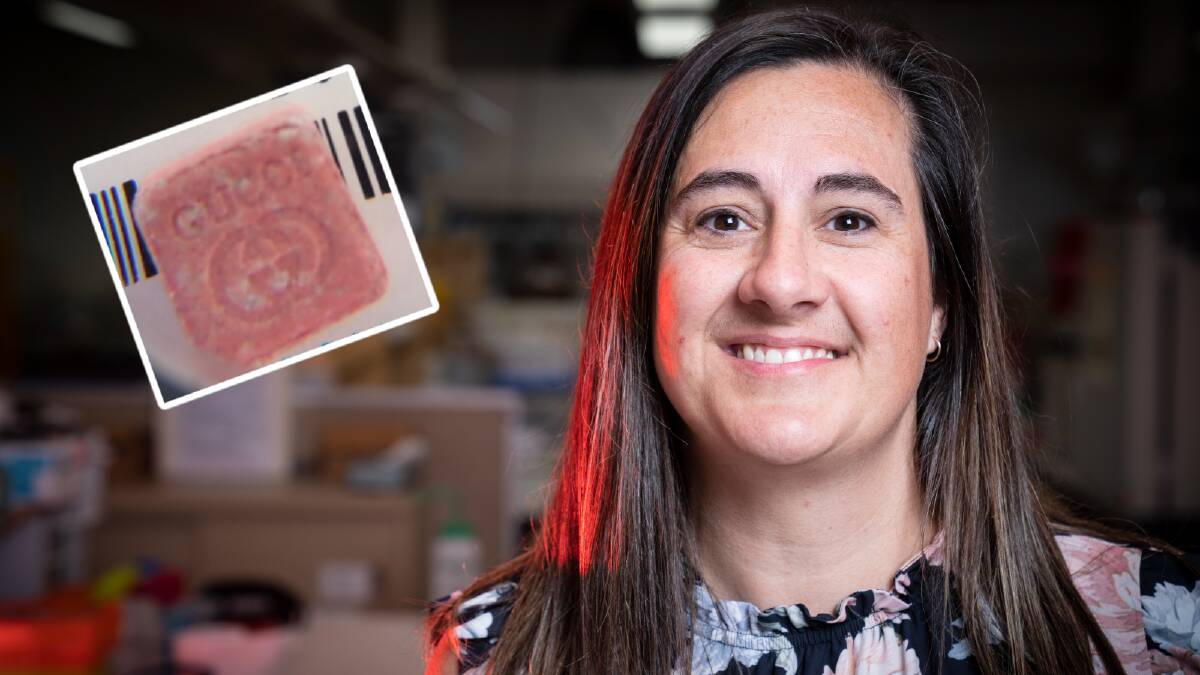
Chemical toxicologist Dr Jody Moller agrees with Health Minister Ryan Park that pill testing is not a "silver bullet" that will stop drug-related harm and deaths.
Subscribe now for unlimited access.
$0/
(min cost $0)
or signup to continue reading
But the two differ in their opinions as to whether pill testing should be introduced at music festivals this spring and summer to mitigate the risks associated with illicit drug use.
Dr Moller, a senior lecturer at the University of Wollongong, said there was now a lot more evidence to show testing led to a reduction in harm.
She is on the advisory committee for Pill Testing Australia, the consortium that ran two trials at Groovin the Moo in Canberra and operates a fixed testing site in the capital; it has also offered a free pill testing pilot to the NSW government.
"So the trials at the music festivals in the ACT, and also the fixed site that's currently operating, have both shown that when people are confronted with a pill that does not contain what they thought it was going to... a large number of them dispose of that pill, or at least indicate that they are not going to take it," Dr Moller said.
"Or if they do take it, that they will reduce the amount of the drug that.... they were planning on consuming."
The deaths of two men after the Knockout Outdoor music festival in western Sydney on Saturday, September 30 ha ramped up calls for the introduction of pill testing trials in NSW, pressure that the state government has so far resisted.
Speaking on Monday, October 2, Mr Park said no one method would prevent someone dying.
But Dr Moller said pill testing was "another brick in the wall" of harm reduction strategies, sitting alongside such other measures as cool-down zones and the provision of water.
The use of illicit substances was already illegal, she said, but this didn't stop young people from taking them.
"What we can do is ensure that if they do take them, they do so in a reduced risk environment," Dr Moller said.
She explained how a pill testing system at a music festival would involve a person bringing a sample of the illicit drug they have purchased to the testing facility for chemical analysis, which would provide information on the composition of the drug, and with additional analysis, an indication of the dose.
Dr Moller said this information would get passed to a health professional, who would have a one-on-one conversation with the person to provide them with harm reduction strategies, should they choose to consume the drug.
"The very first thing... that anyone using a pill facility is told, is that no illicit substance is safe to take," she said.
The latest monthly report from CanTEST, the Canberra fixed testing site, shows that of the 24 samples expected to contain MDMA (ecstasy) - one of the more commonly used drugs at music festivals - only 20 actually contained the substance.
As well as the risk of unexpected dangerous substances being present in a drug, Dr Moller said high doses of the actual drug could also cause significant harm.
NSW Health recently issued an alert for ecstasy pills containing four times the average dose of MDMA, warning that high doses were associated with serious illness and death.
Dr Moller said she thought the fear of the unknown was a major factor in the resistance to pill testing, especially given this would represent a major shift from the current legislative approach.
"But we have things like the medically supervised injecting room already in operation in NSW," she said.
"We were one of the first locations in the world to have that when that was introduced, so we know that we can take these large steps forward in in harm reduction.
"We just need to be brave enough to do so."
- If you need information or support, call the Alcohol and Drug Information Service on 1800 250 015.
Reading this on mobile web? Download our news app. It's faster, easier to read and we'll send you alerts for breaking news as it happens. Download in the Apple Store or Google Play.


